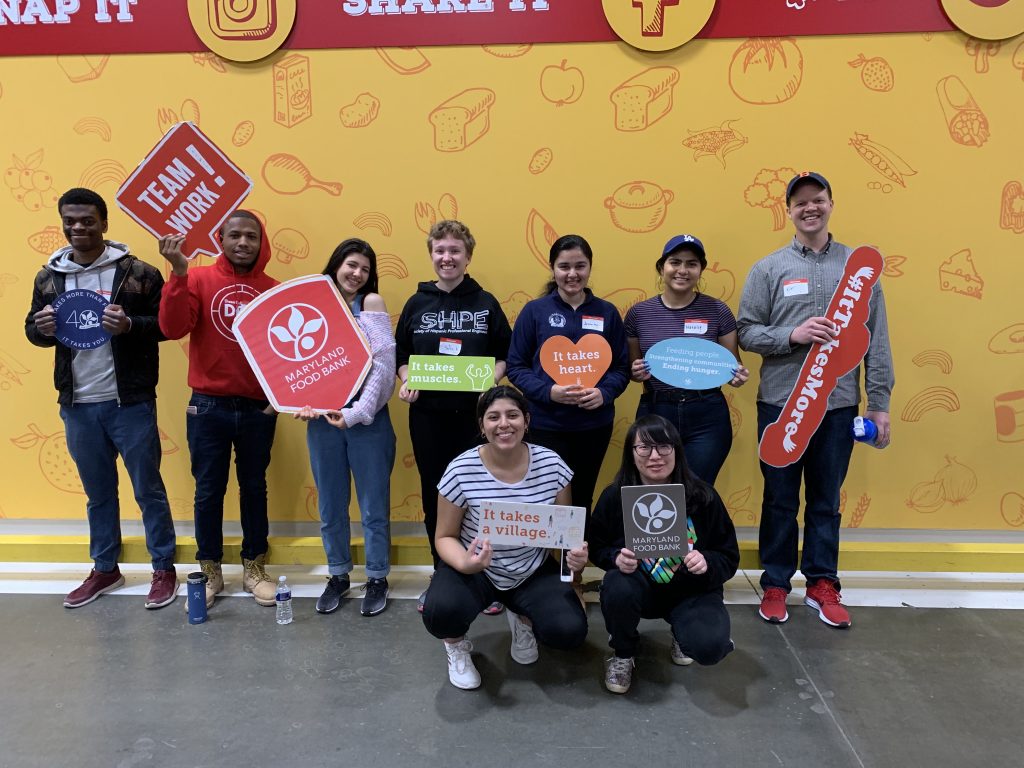The issue of food apartheid in Baltimore is not a result of organic processes but rather a product of intentional policies and structures. To this end, our meeting with Alice Huang, a food access planner at the Baltimore Food Policy Initiative, was particularly interesting since we were given a glimpse of how policies with the goal of combatting food insecurity operate.

When listening to Alice, it became apparent that you can’t discuss food without also discussing social groups and their respective dynamics. She introduced us to the concept of triangulation where two non-white groups fight each other for resources. One pertinent example includes the black population’s disapproval of immigrant-run corner stores. The divisions made amongst these groups is unproductive and leads to additional struggles when attempting to implement solutions since coalitions between those groups are unable to be made. In some ways, it becomes a drain on the effectiveness of a solution implemented since the groups are fighting the wrong enemy. Alice also highlighted that the food conversation, while being predominately white and black centric, leaves out minority groups like Asians and asks where those voices go.
This question, in particular, is something I grapple with often when thinking about how social justice and diversity initiatives are structured. When reflecting on all the visits and discussions of the week, it is absolutely clear to me that tackling the issue of food insecurity in Baltimore requires a multi-pronged approach. You know you are doing it right when you understand the history involved and prioritize the voices of
the affected.